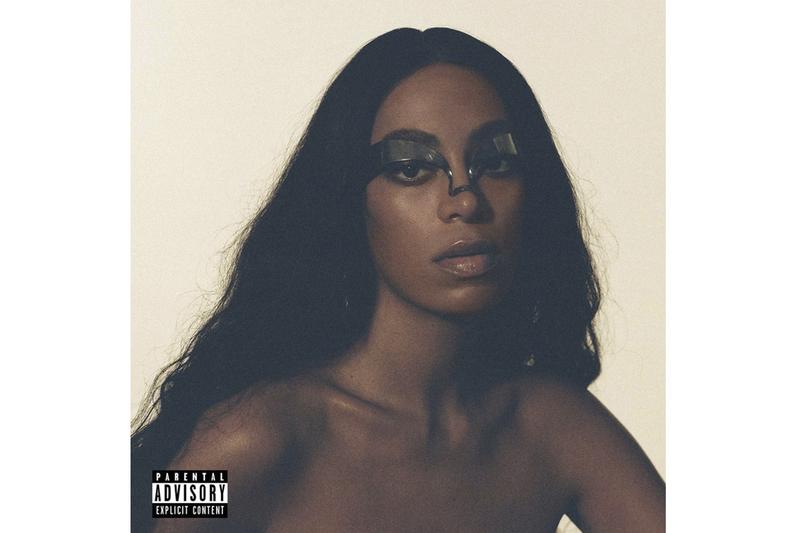Solange shook up the internet with the announcement of her fourth studio album, “When I Get Home,” on February 28. Prior to the announcement, the songstress released a rollout of various clips and photos on the social media site Black Planet. The album was set to release at midnight, resulting in a wave of fans scurrying to their social media to praise the announcement as a wonderful way to end Black History Month (myself included)! On March 1, the star announced that the accompanying visual for the album was to be released on Apple Music that evening.
The album consists of various interludes, similar to her 2016 album “A Seat at the Table,” as well as multiple odes to black life, culture, and expression. The album features star-studded features from The-Dream and Playboi Carti on “Almeda” and Gucci Mane and Tyler the Creator on “My Skin My Logo.” The visuals are filled with stunning images of cowboys, black and brown bodies, and synchronized movement that accentuates the music and lyrics.
“Way to the Show” is a standout track on the album, with a catchy refrain and vibing beat. “Sound of Rain” is also a hit, noticeably produced by legendary producer Pharrell, hence his signature four-count beat intro.
“When I Get Home” has its fair share of ballads as well. “Time (Is),” with supporting vocals from frequent collaborator Sampha, is a piano-based piece as Solange softly croons. “Dreams” is a track that is pretty much an audible slow ride home. “Jerrod,” my personal favorite, offers Aaliyah-esque vocals over a smooth beat.
“When I Get Home” offers musicality of high caliber that reflects the duality of blackness and womanhood, speaking on themes of chilling while black and sexual liberation of women, all while providing interwoven homages to her Southern roots in Houston, Texas. Her artistic direction for this album is arguably unmatched, taking black pride into new, unthinkable heights.




